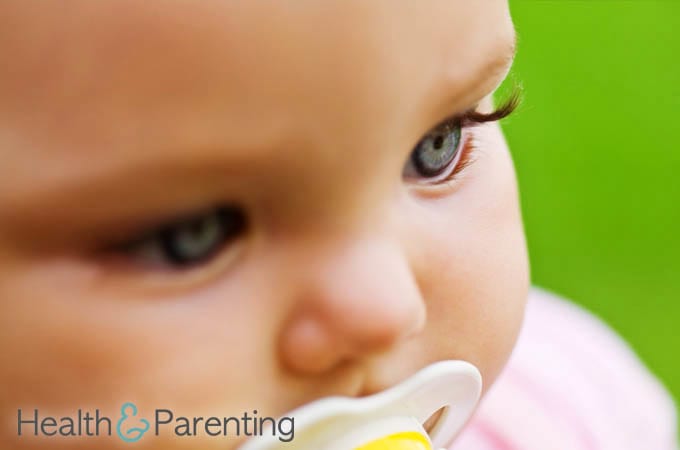More than 50% of the world’s children are toilet trained by the time they turn one. Compare that to American children where 1/3 still celebrate their 3rd birthday in diapers.
In the early 20th century it was believed that a one year old should be out of diapers. So what has changed in the last 100 years? Before the age of the washing machine parents would sit their children on a toilet long before their 1st birthday. Later when washing cloth diapers became easier, the average age crept up to near 18 months.
However, the real change happened in the 1960s when a leading diaper company along with a noted pediatrician promoted the idea of waiting for a set of readiness signals before which potty training should not be started.
Slowly, the age crept up and by the 1980s the average was two years. Now only two decades later, despite the fact that a study in 1994 “The Journal of Developmental and Behavioral Pediatrics” found no data to support any signs of social and emotional readiness for potty training, the average age is nearly three.
So if you don’t have to wait until your child is “ready,” what is the other alternative?
Elimination Communication (EC) has many names: Diaper Free Baby, Natural Baby, Infant Potty Training, Born Ready, etc. They all mean the same thing. Listen and look out for your baby’s communication and toilet training can be demystified.
EC, a traditional practice in many parts of the world, is now becoming a growing movement in the West. The ethos is your baby is born with the instinct not to soil itself and will communicate this with you from birth. Just in the same way they communicate their other basic needs: hunger, sleep, and comfort. It’s up to you as a parent to read and respond to these signs and non-verbal communication. It is much less about potty learning than about respecting your baby’s abilities by responding and facilitating his or her needs.
The ideal window to start practicing EC is in the first 6 months, the earlier you start the better and clearer communication bond you and your baby will develop. A fully diapered baby will, after 6-7 months, have been conditioned into soiling the diaper and will lose the instinct and sensation of needing to go.
EC does not have to be messy and dirty, and diaper free does not have to mean you never use a diaper ever. It simply means you choose the level of involvement that suits your lifestyle. Use diapers full time, part time or not at all, but be ready to whip it off and offer your baby the potty or receptacle of choice when you see the signs.
As with everything with a newborn baby, be it your first or third, there is a steep learning curve and it takes time to get to know each other. If you choose EC it is advisable to look on this as your journey together towards toilet learning rather than a short cut to a (compared to todays average) very young toilet trained baby.
Remember your baby is teaching you, not the other way around. Of course EC is not about allowing your child to pee anywhere and anytime. If you find there are a lot of misses, there is likely an underlying factor such as illness, teething, or emotional upheaval (like new daycare, house move, etc.)
Manage your expectations. There are 4 classic stages of EC.
1: you and your baby are in tune and you are aware of his signals.
2: baby is clearly able to communicate verbally or via signing.
3: baby no longer needs to be reminded to go to the potty and you no longer feel the need to carry spare clothes.
4: baby can now take himself to the bathroom and complete the process independently.
There are of course no guarantees to instant success. How you practice EC, when you start, the nature of your baby and developmental milestones are all factors to be considered. But some degree of daytime dryness can be achieved between 6-20 months.
There are so many benefits to practicing EC – primarily your baby’s hygiene as you will eliminate diaper rash and greatly reduce the risk for UTI ‘s – but also the environmental and financial benefits. Time is also a valuable commodity these days; imagine avoiding the diaper change battle every time. Just wipe, flush and go. More information is available online, or on the App Store
Written by Caroline Williams
This information is not intended to replace the advice of a trained medical doctor. Health & Parenting Ltd disclaims any liability for the decisions you make based on this information, which is provided to you on a general information basis only and not as a substitute for personalized medical advice. All contents copyright © Health & Parenting Ltd 2017. All rights reserved.










